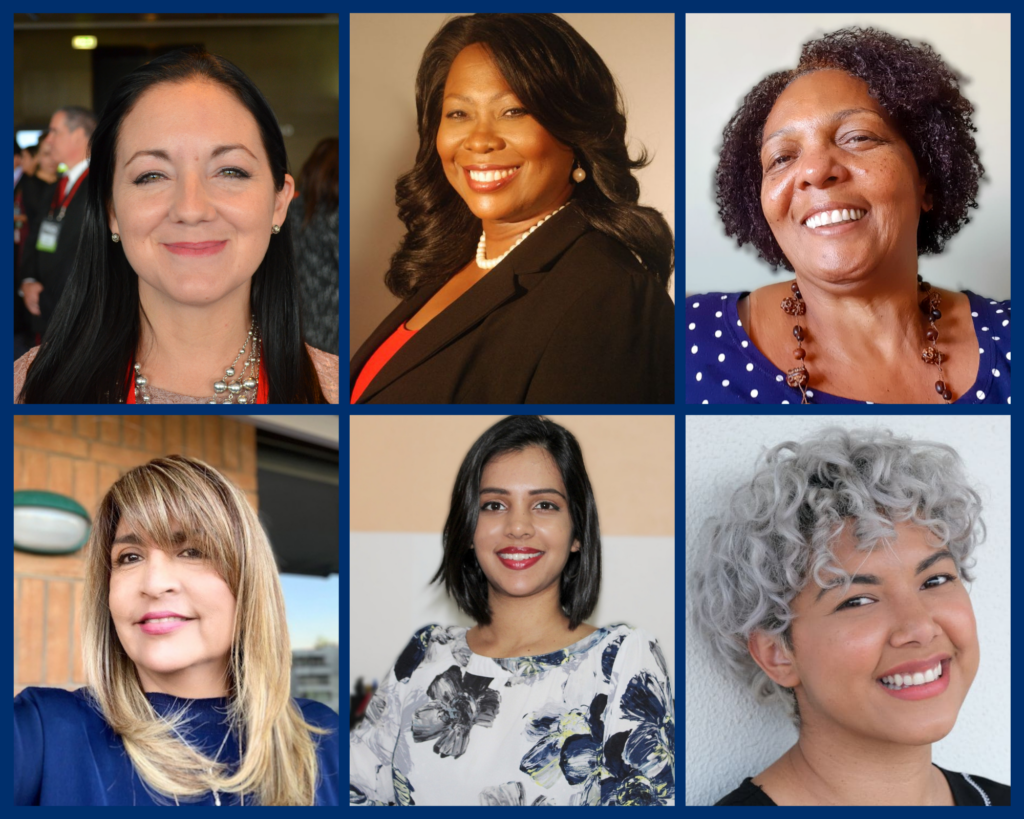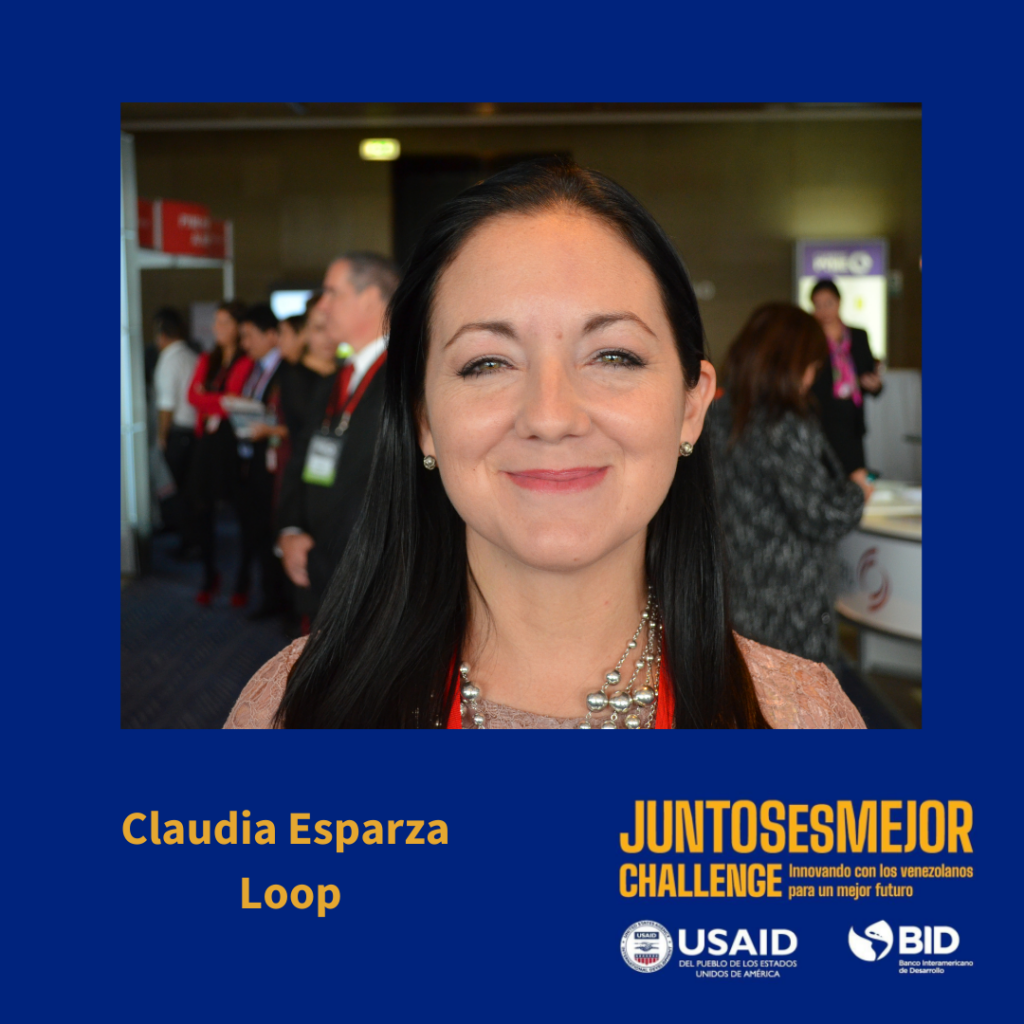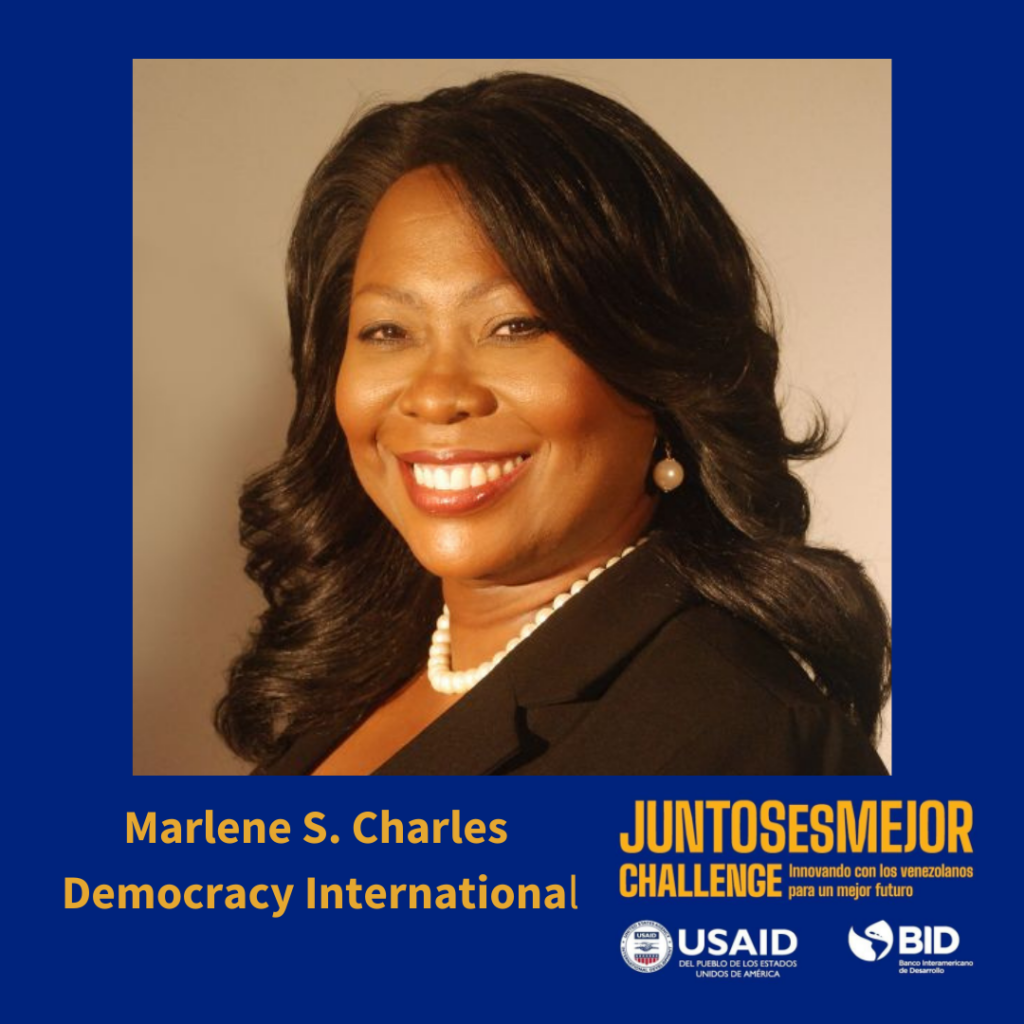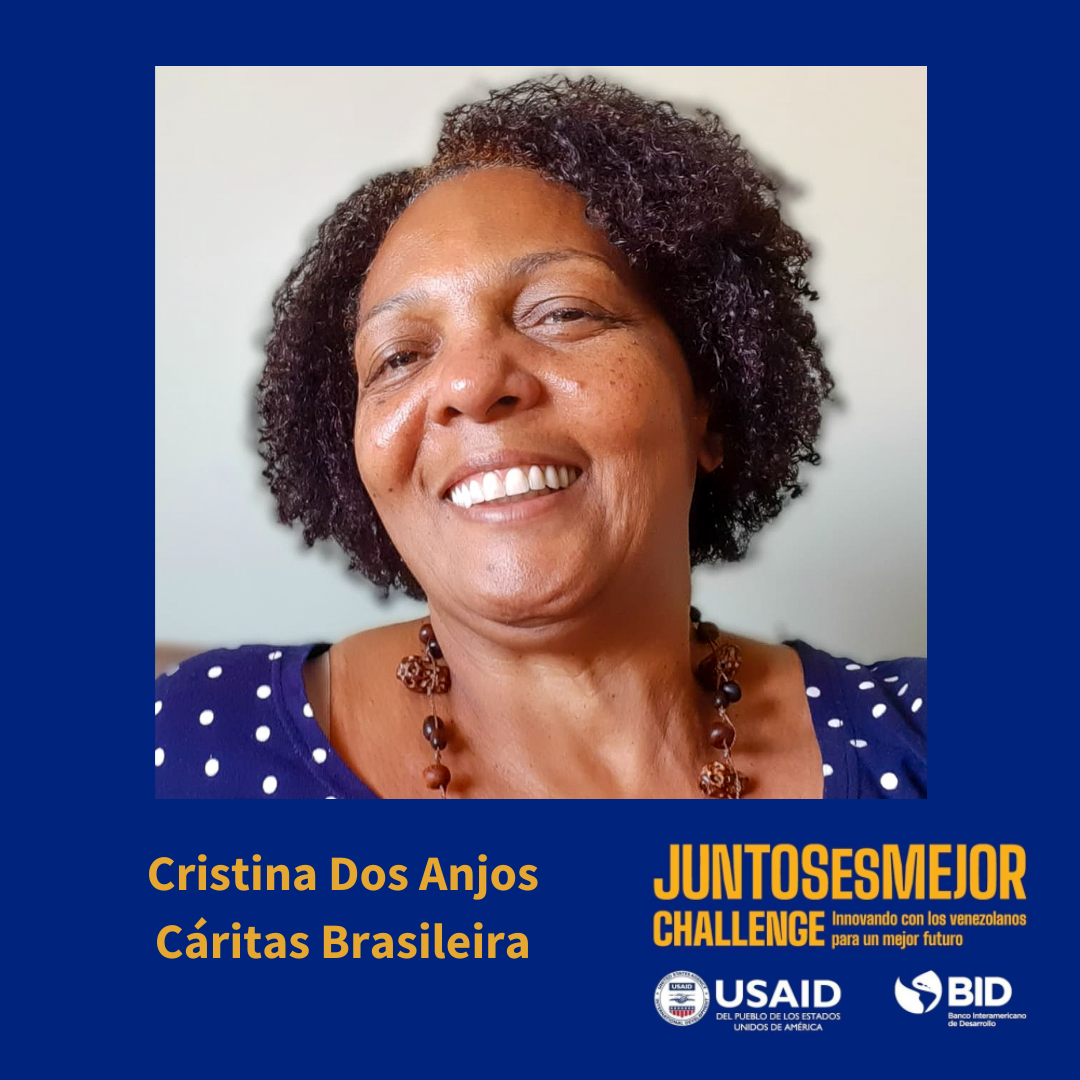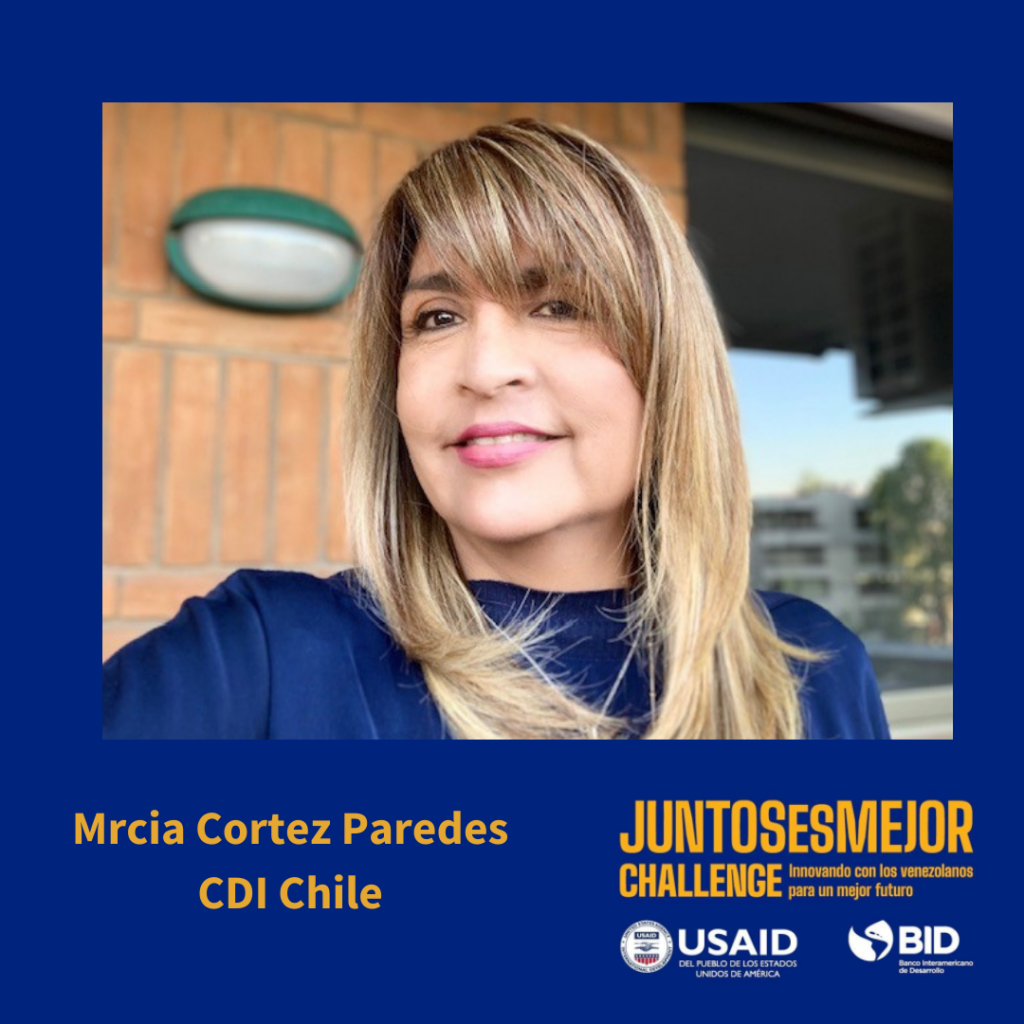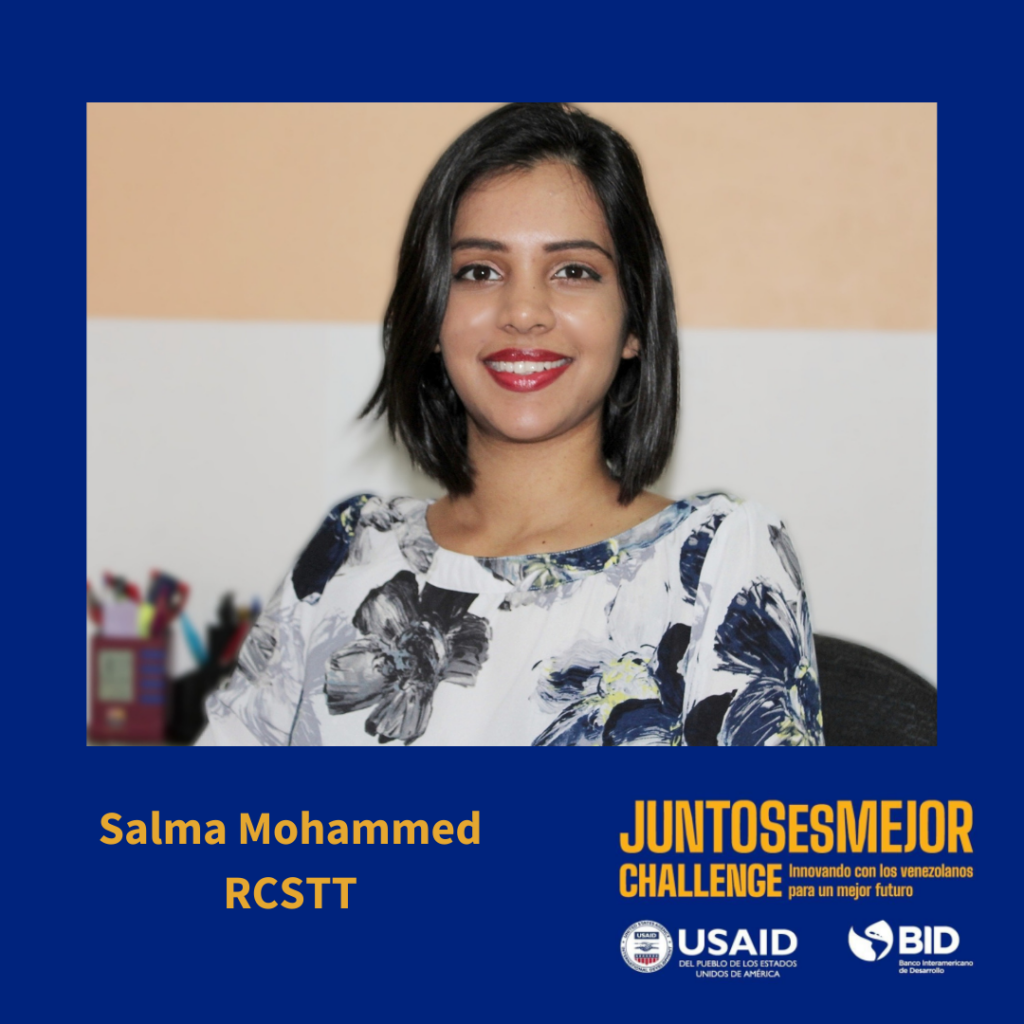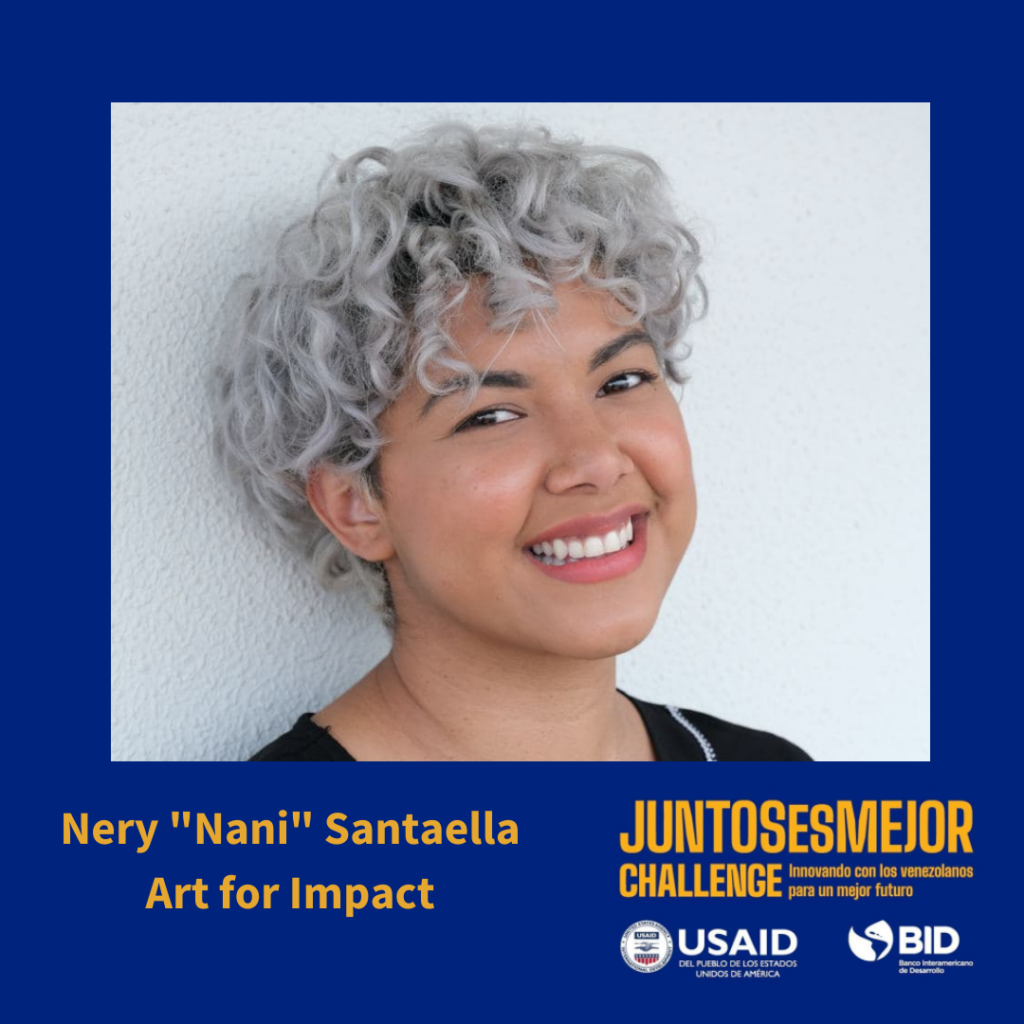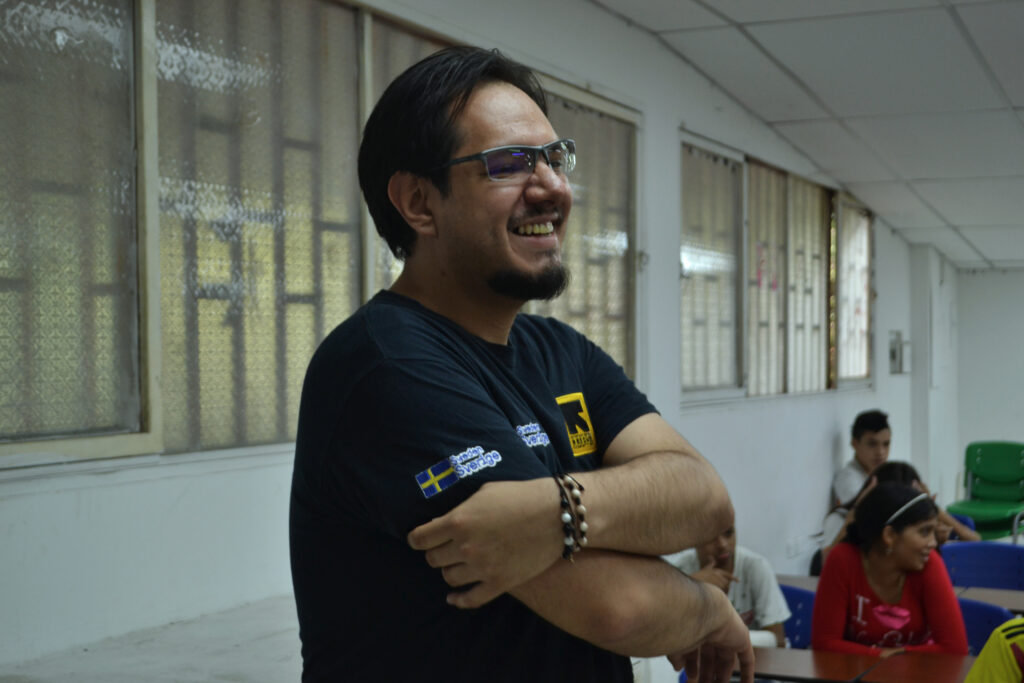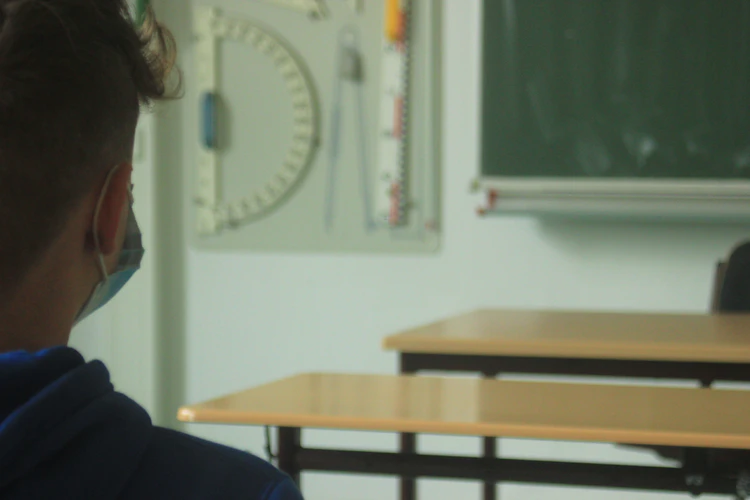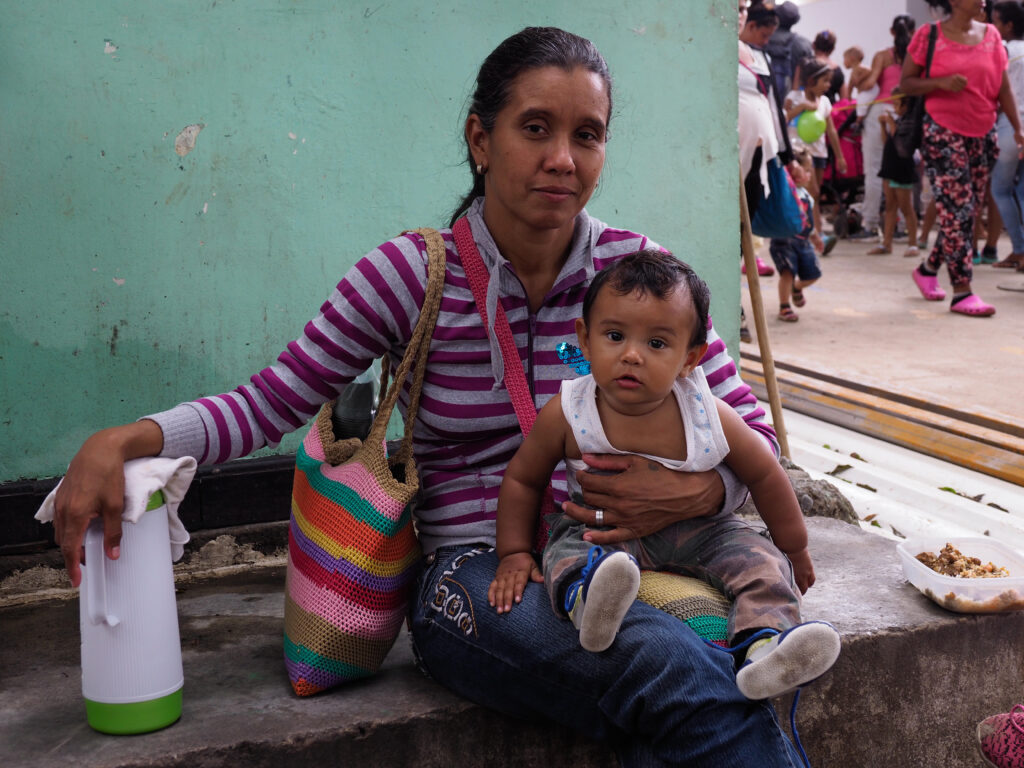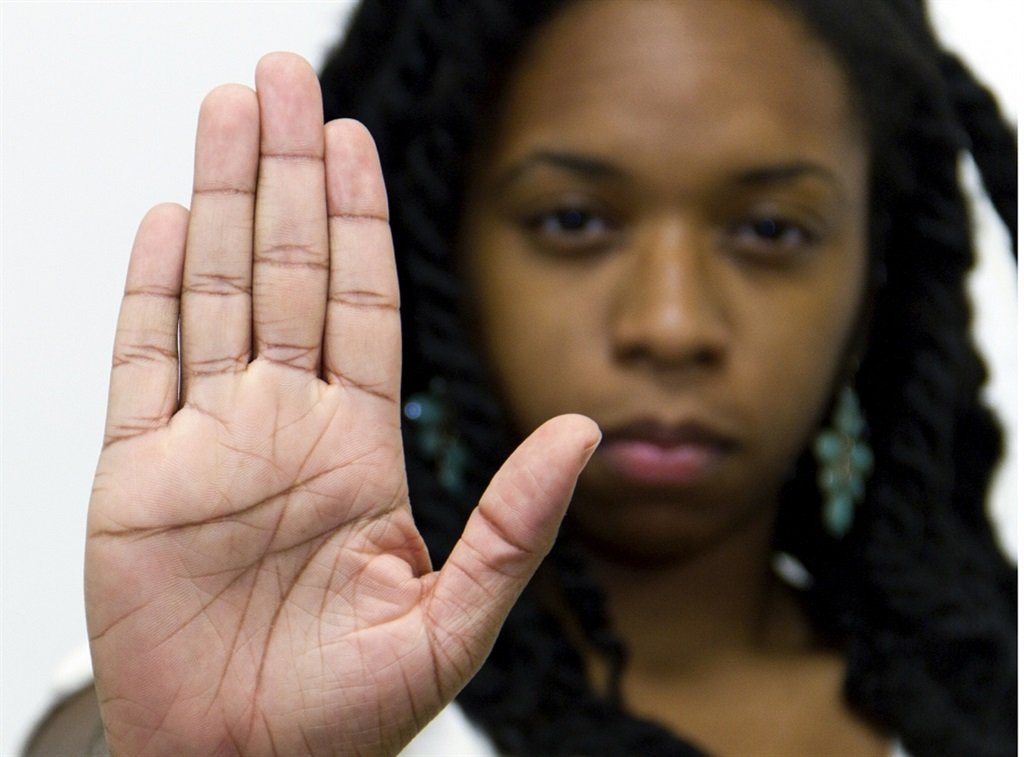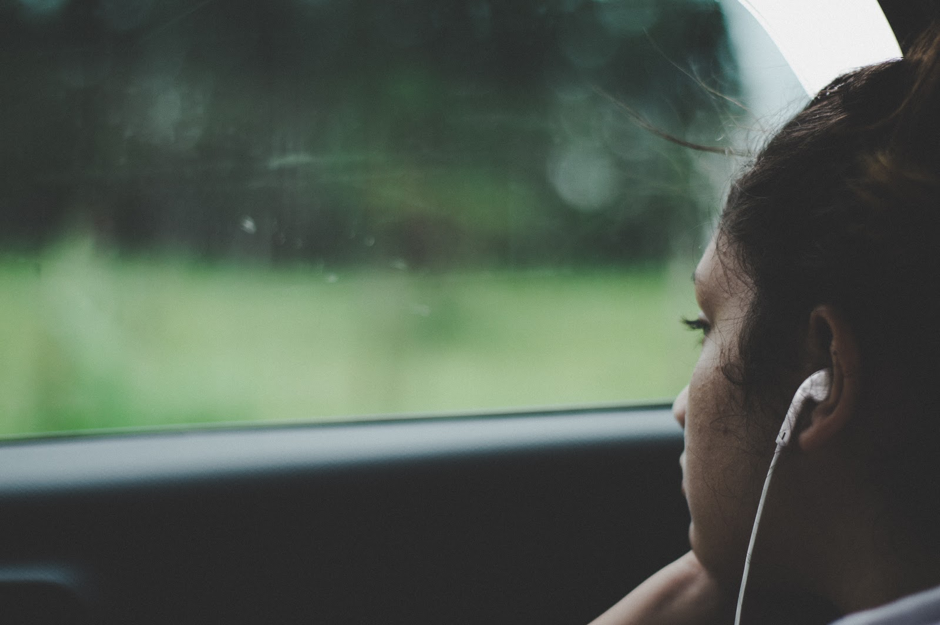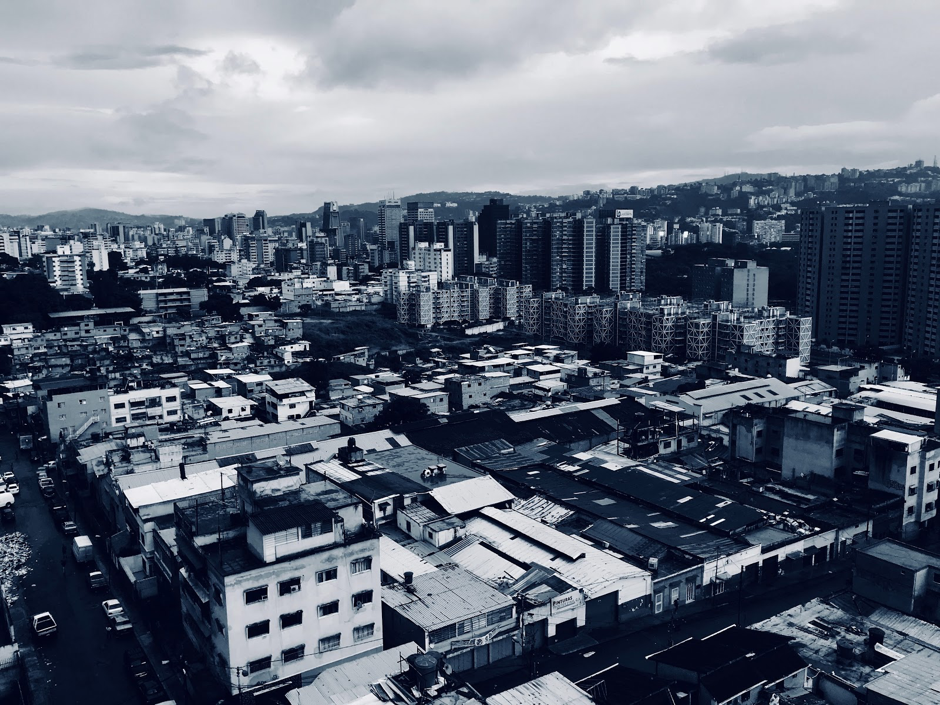María Rosa Rodríguez: A Venezuelan Migrant Starting a New Life in Peru
Maria Rosa arrived in Lima a year and a half ago. She is a 44-year-old Venezuelan migrant woman, with a Master’s Degree in Education Planning and Evaluation and more than 20 years of experience as a teacher.
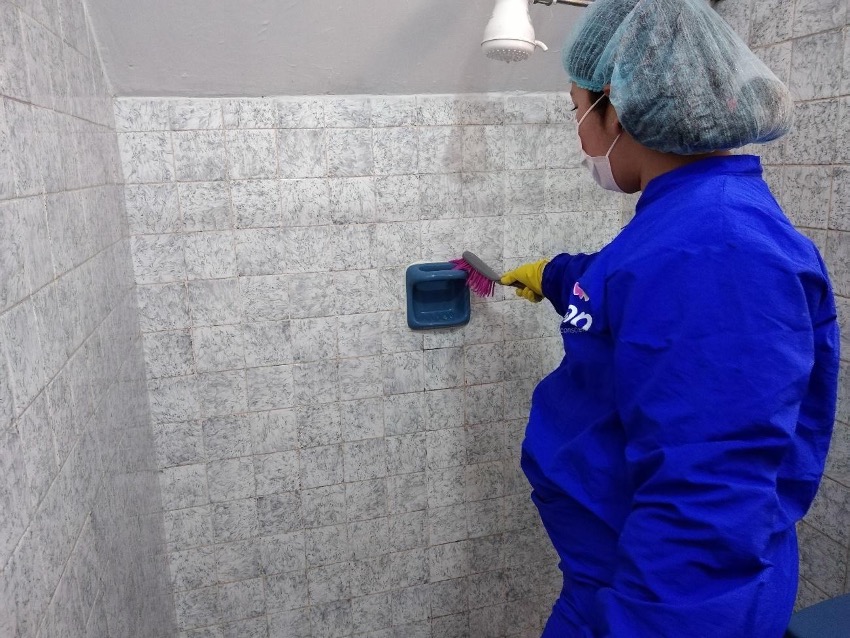
Like many Venezuelan migrants in the same situation, Maria Rosa had to flee her country in search of a better life. Arriving in Peru not only meant adapting to a new social and cultural environment, but also integrating economically. Also like many Venezuelans, she arrived in a country she had never been before, without local employment references or credit history, facing additional challenges when looking for employment. This is where Loop comes in. Loop is a cleaning service app that was created with a social purpose: to employ Venezuelan migrant women with the aim to facilitate access to economic stability and integration, empowering migrant women in vulnerable situations.
Since joining Loop, not only has Maria Rosa found the opportunity to earn a living, but to be part of a family that encourages continuous learning and builds on the skills of its employees. The Loop team sees Maria Rosa as a very joyful and positive person who doesn't think twice when it comes to participating in Loop’s coaching sessions:
“I love to participate at the coaching sessions. I try to never miss them!”
According to Maria Rosa, what she appreciates the most of these sessions is that she has learned how to deal with stress and anxiety and has found the space to share with others who are in a similar situation. Loop provides personal development sessions to the women as a means to empower them, going above and beyond offering safe, vetted employment opportunities.
This initiative is also designed to be a flexible short-term employment solution for Venezuelan women like Maria Rosa to get back on their feet. Loop provides Venezuelan women with financial literacy to help them build a credit history and learn strategies to start saving. Loop also provides them references and the opportunity to decide their own terms of employment and schedules, encouraging them to pursue educational goals, training or other professional aspirations at the same time.
Thanks to initiatives like Loop, Venezuelan women have been able to find a place in their host communities where they feel valued through their work and skills. Maria Rosa, who describes herself as a responsible and honest person, is excited to share that through the Loop App, she is starting to build a client base and her customers give her glowing reviews for "excellent service."
Learn more about Loop at www.juntosesmejor.org/ourinnovations and www.looplimpieza.com.
If you are in Peru, support the Loop family! Download the app at the App Store or Play Store to schedule a service, and don’t forget to spread the word!

